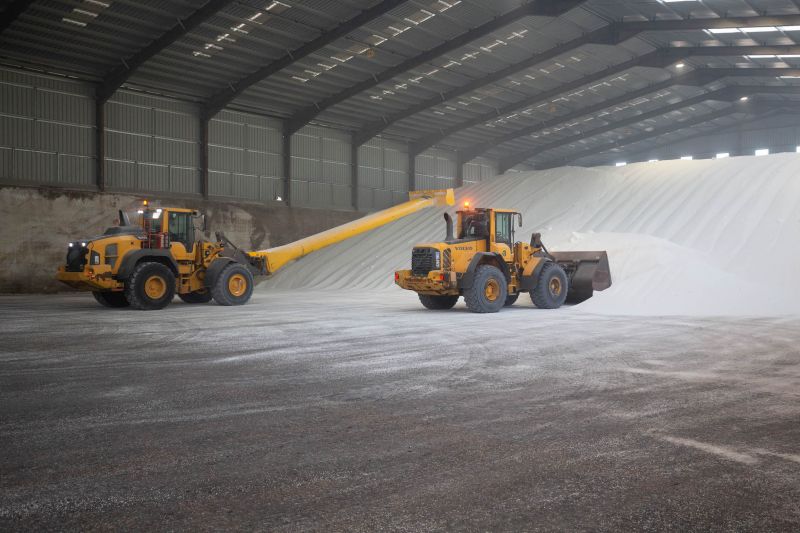
One of the largest cargoes of urea fertiliser to arrive in the UK this season has been unloaded at ABP’s Port of Immingham.
The 26,000t shipment, imported by international grain, fertiliser and seed merchant Gleadell Agriculture, arrived aboard the MV Montrose and originated from Egypt, one of the world’s highest quality producers of urea.
The cargo’s arrival is particularly timely, said Gleadell fertiliser manager Calum Findlay.
“Although the UK nitrogen fertiliser market is running behind last year, autumn arable plantings are forecast to be at or above last year’s levels.
“This, together with a likely increased focus on early forage production following the 2018 summer drought, means demand from now into spring 2019 is likely to be higher than last year.
He added: “On-farm buying interest for nitrogen fertiliser is increasing. At the same time, importers are finding it difficult to buy new vessels of urea at competitive levels due to the firm global market. Stocks in the UK will remain tight.”
A firming global market is underpinning the outlook, driven by stricter environmental legislation in China, firm Asian demand (with India and Pakistan amongst those still with large tonnages to buy) and rising prices in Brazil. High gas prices also show no signs of easing.
“In addition, replacement costs of raw materials are firm on all fertilisers, and the commercial environment continues to be volatile,” said Mr Findlay.
“There appears to be enough support for global pricing to keep edging higher and there are no signs of any downward pressure until at least Q2 2019 and beyond.”
Reinforcing that sentiment, one Egyptian producer recently announced a tender to sell 25,000t of urea for the second half of November and is targeting prices at the equivalent of £330/t on farm in the UK, about £20/t above current levels.
“Given all the above factors, plus potential trade sanctions, unpredictable weather and energy costs, the view remains that farmers should consider their next round of fertiliser purchasing,” added Mr Findlay.
